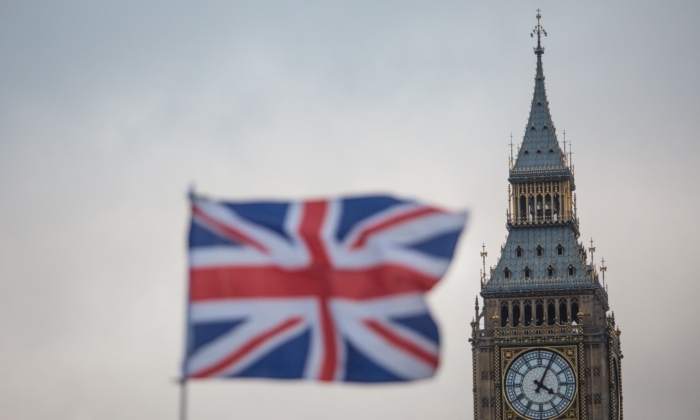Commentary
After suffering a major defeat in the UK’s recent general election, the future of Britain’s Conservatives is uncertain. Removed from office after 14 years of governing, abandoned by millions of voters, and replaced by a Labour government, the party faces a challenging road ahead. The traditional advice is to move leftward towards the center and distance themselves from right-wing extremism. However, there are alternative sources of advice that may be more relevant.
Looking at the experience of Canadian conservatism, where a Conservative government faced a devastating defeat in 1993 before a resurgence under new leadership, provides valuable insights. The party’s failure to acknowledge grassroots movements in Western Canada and Quebec led to their downfall. Only when they embraced and accommodated these forces did they regain power. This shift in approach led to the Conservative Party of Canada’s return to office under Stephen Harper.
Comparing the relatively young Conservative Party of Canada to the long-standing Conservative Party of the UK, it’s clear that British conservatives can draw lessons from their own history. The party’s response to bottom-up populist movements in the 19th century, demanding voting rights and government representation, is particularly instructive.
In 1831, the House of Commons passed a Reform Bill expanding the franchise, which was opposed by the Tory-dominated House of Lords. This initial resistance to populist demands resulted in riots and a landslide victory for the reform-championing Whigs. The subsequent Great Reform Act of 1832 further expanded the franchise, setting the stage for future electoral reforms championed by the Conservative Party.
The political polarization of the 1830s over electoral reform led to the establishment of clubs like the Carlton Club for Tories and the Reform Club for Whigs and Radicals. Benjamin Disraeli’s leadership of the Conservative Party shifted its focus towards accommodating the democratic passion for expanded government involvement by ordinary people.
The Disraeli government passed the Second Reform Act in 1867, expanding the franchise to give the working class a greater say in public affairs. Today, the Reform Club and the Carlton Club still stand, with political ghosts whispering the wisdom of acknowledging and embracing populist political energy. The future of Britain’s Conservatives lies in understanding and engaging with populist sentiment, rather than ignoring or opposing it. Will the party seek to harness populist energy for conservative principles, as Disraeli once did, or reject it like traditional Tories? The answers to these questions will shape Britain’s future. (Note: Views expressed are the author’s own and not necessarily those of The Epoch Times.)
Source link





